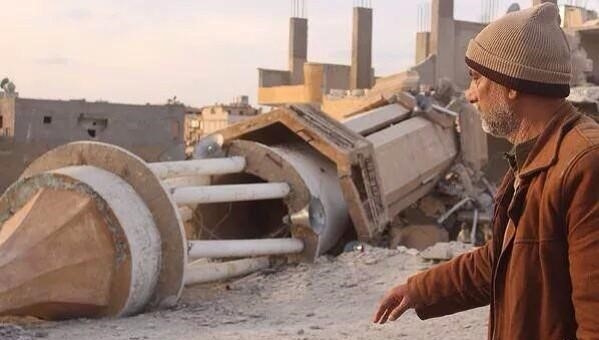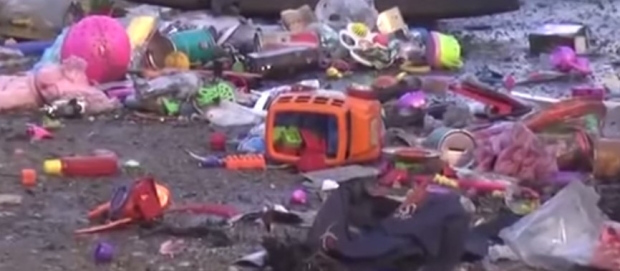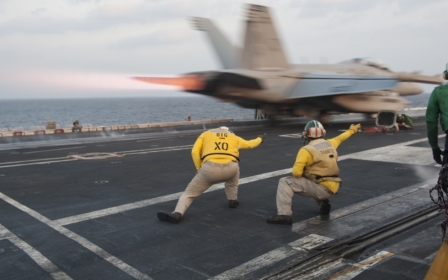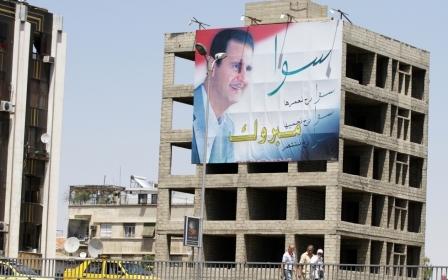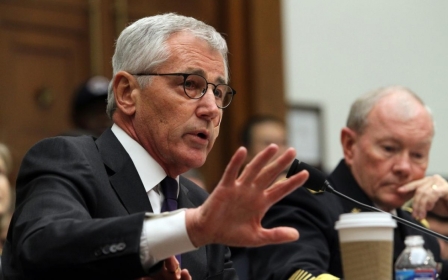Almost 100 killed as Syrian government strikes Raqqa
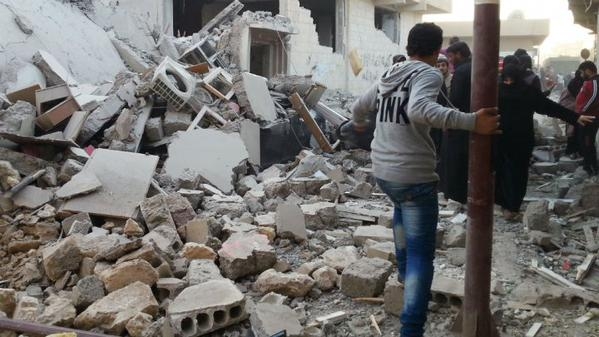
Government airstrikes in the town of Raqqa in northern Syria have killed almost 100 people in what is being described as the latest “massacre” in the country’s protracted war.
The strikes were launched on Tuesday by planes from President Bashar al-Assad’s air forces, and targeted more than a dozen sites the city, which is Islamic State’s self-proclaimed capital in Syria.
The attacks were the deadliest government strikes to hit the city since it fell to Islamic State in January 2014.
The Syrian Observatory for Human Rights, a UK-based monitor, said at least 95 people were killed in the strikes, among them more than 40 civilians. At least three women and four children have so far been named amongst the casualty list. More than a 120 others were also injured in the strikes, the observatory said.
The centre, relies on a network of sources on the ground in Syria for its information, said twin strikes in the city’s north-east had caused the most casualties.
"The first strike came and residents rushed to rescue the wounded. Then the second raid took place," founder Rami Abdel Rahman told AFP.
However, others put the death toll much higher. Al Jazeera Arabic said that at least 130 had been killed. Raqqa is Being Silently Slaughtered, an activist group on the ground in the city, also said early on Wednesday that the strikes had killed 115 people, with the number still likely to rise due to the amount of severe injuries also caused.
The group, which covertly publishes information about life under IS rule in the small city, documented the names of some of those killed and wounded.
On Wednesday morning, a doctor at the city’s claimed that 209 civilians had been killed, although these reports could not be independently verified.
The strikes reportedly hit industrial areas in the city, as well as a mosque, a central post office and a popular market near the city's museum.
A resident inside the city, told the BBC that hospitals were struggling to cope with the influx of injuries – Raqqa’s main medical centre put out an urgent call for blood donations on Wednesday.
“There are only a few doctors, and because of this many people are simply dying of their injuries.
“People are very angry and afraid after these strikes – nobody is walking in the city’s streets.
“In the morning there are regime airstrikes, and in the evening there are [anti-IS] alliance airstrikes.”
A graphic video purportedly shot in the aftermath of the attacks shows a father and child fleeing desperately from a strike in a residential street.
In a second shot, men wearing Red Crescent uniforms scramble to cover the bloodied bodies of people killed in the strike.
Colourful children’s toys are shown scattered on the ground as smoke billows from a line of six unrecognisably burnt-out cars and trucks.
Assad’s strikes 'most feared' in Raqqa
Most of Raqqa’s civil society activists, as well as rebel fighters who expelled Assad's troops, have either been killed, kidnapped or forced to flee for other parts of Syria or neighbouring Turkey since the city fell to Islamic State.
For many months, Assad's government only rarely targeted Raqqa city, apparently reserving most of its firepower for areas under rebel control.
But late this summer, the government intensified its air strikes against IS positions in northern and eastern Syria.
On 6 September, 53 people were killed in air raids on Raqqa, among them at least 31 civilians, according to the Observatory.
The US-led military coalition that has been carrying out air strikes against IS in Iraq and Syria has also targeted the group in Raqqa.
Activists say Raqqa's residents fear the government's strikes far more than those of the coalition because most of the casualties from Assad’s attacks are civilians.
UN moves to increase Syria aid
The UN Security Council will move to allow cross-border deliveries of relief supplies to Syria for another year, the president of the council said, as new figures showed more Syrians were in need of aid.
The Council in July passed to allow truckloads of much-needed aid to cross into rebel-held Syrian territory without the consent of the government in Damascus - a policy it was initially slow to adapt.
Australian Ambassador Gary Quinlan, whose country chairs the 15-member council this month, said his country along with Luxembourg and Jordan would move quickly to seek a 12-month extension of the aid deliveries.
Over the past six months, 30 UN convoys carrying food aid, medical supplies, water and sanitation equipment have been sent from Turkey and Jordan.
The opposition Syrian National Coalition has said in a statement that the convoys had "reached only a fraction of the 3.5 million it was intended to assist" and called on the UN to ramp up deliveries.
In the wake of the attack, the US State Department was criticised over claims that it sought to “justify” the deadly strikes by saying civilians were “caught in the crossfire.” Turkey, an ally in the US-led coalition against the Islamic State in Syria and Turkey also lashed out at US policy in Syria, shortly after news of the attack broke.
Turkish President Recep Tayyip Erdogan slammed US "impertinence" on the Syrian conflict, exposing the extent of strains between Washington and Ankara days after his key meeting with US Vice President Joe Biden.
"I want you to know that we are against impertinence, recklessness and endless demands," he said.
"They looked on as the tyrant al-Assad massacred 300,000 people. They remained silent in the face of Assad's barbarism and now they are now staging a 'conscience show' through Kobane."
Some 12.2 million Syrians are in need of aid, up from 10.8 in July.
Middle East Eye propose une couverture et une analyse indépendantes et incomparables du Moyen-Orient, de l’Afrique du Nord et d’autres régions du monde. Pour en savoir plus sur la reprise de ce contenu et les frais qui s’appliquent, veuillez remplir ce formulaire [en anglais]. Pour en savoir plus sur MEE, cliquez ici [en anglais].


